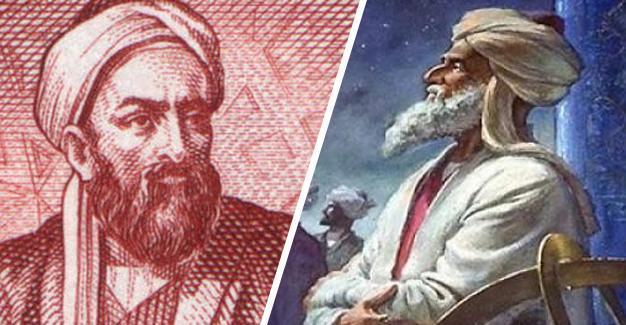Turkey’s new curriculum to include Muslim scientists
ISTANBUL

Turkey’s Education Ministry is planning to include renowned Turkish and Muslim scientists in its new draft curriculum.
Works by Muslim scientists will be taught in physics classes in addition to the works of scientists such as Newton, Einstein and Maxwell, daily Habertürk reported on Jan. 24.
In the ninth grade, as part of a course on matter and its features, students will be taught the works of al-Khazini and al-Biruni on density. In a force and motion course, Newton’s laws of motion will be taught, while the inertia of matter will be explained with examples. Avicenna’s works on the concept of inertia will also be imparted in the same course.
In grade 10, students will be informed about the works of Ismail al-Jazari on hydrostatic balance. In the same class, al-Farabi’s works on sound waves will be handled. Moreover, the acoustic features in Mimar Sinan’s pieces will be examined. Ibn al-Haytham and Averroës’ works on optical systems will also be included.
In grade 11, students will learn about the scientific aspects of the cannon developed by Mehmed the Conqueror. In a class on the concept of momentum, teachers will explain Avicenna’s thoughts on momentum. The works of Ismail al-Jazari and the Banu Musa brothers on mechanical systems, such as levers, will also be taught.
Grade 12 will feature Ali Qushji and Ulugh Beg’s works on space material and their movements.
The ministry shared its renewed draft work for the curriculum that is expected to be implemented by the upcoming school year to begin in September 2017.
An online platform allowing citizens to make suggestions about all parts of the curriculum except religion and morality classes will remain open until Feb. 10. After soliciting comments that are expected to come from students, teachers, parents and education experts, a corresponding commission in the Education Ministry will re-evaluate the draft and finalize its work by Feb. 20. The process will then be followed by the writing of new textbooks.
 Turkey’s Education Ministry is planning to include renowned Turkish and Muslim scientists in its new draft curriculum.
Turkey’s Education Ministry is planning to include renowned Turkish and Muslim scientists in its new draft curriculum.